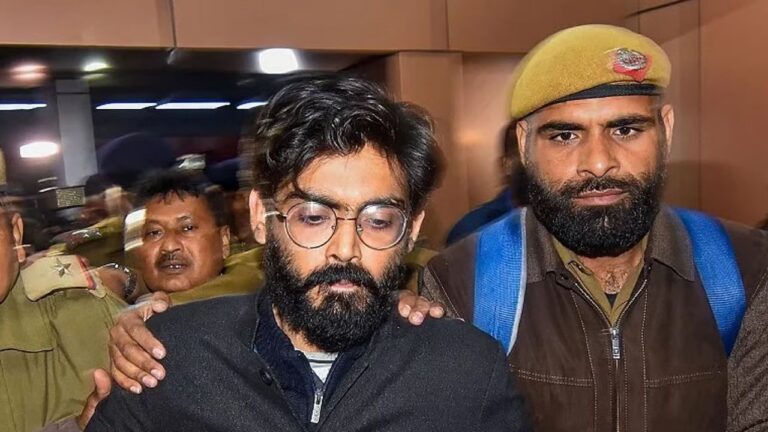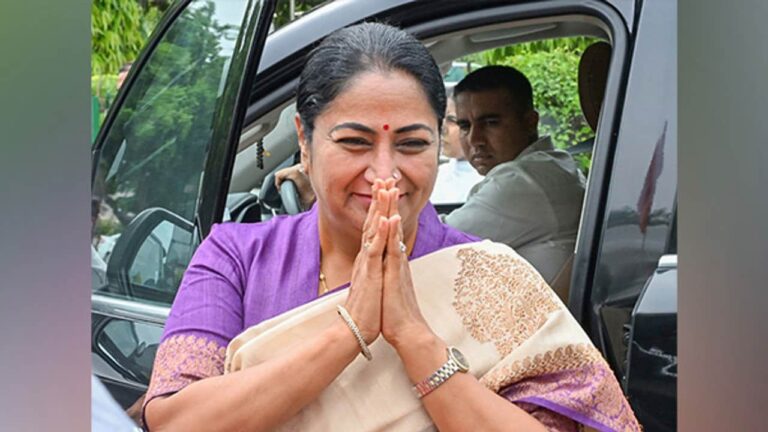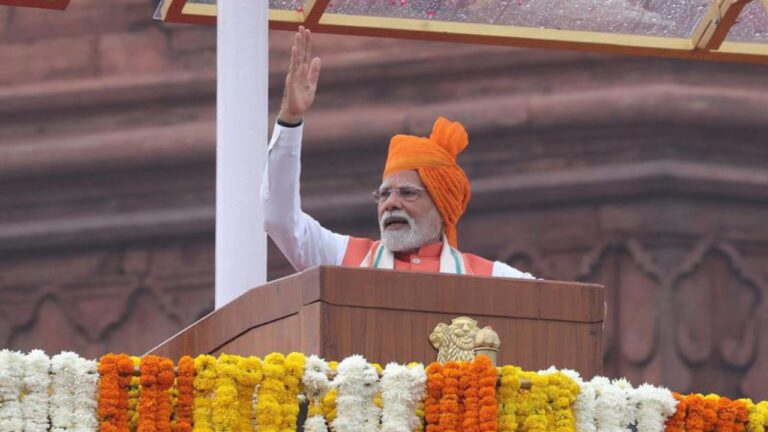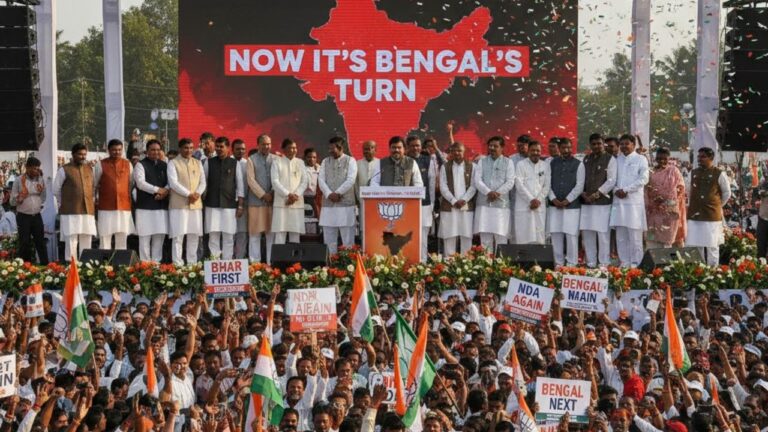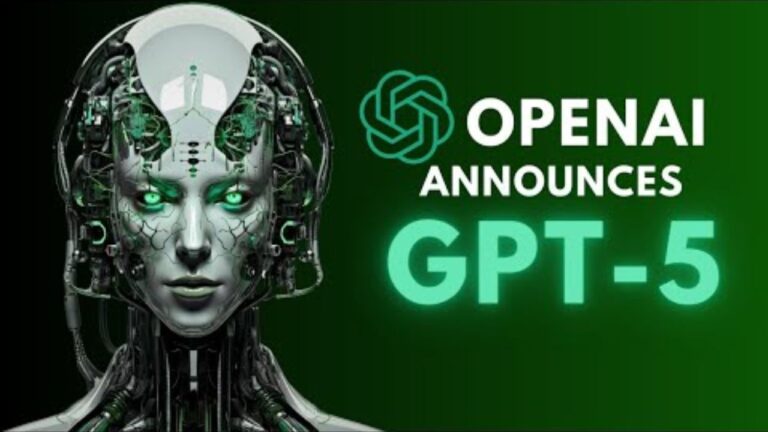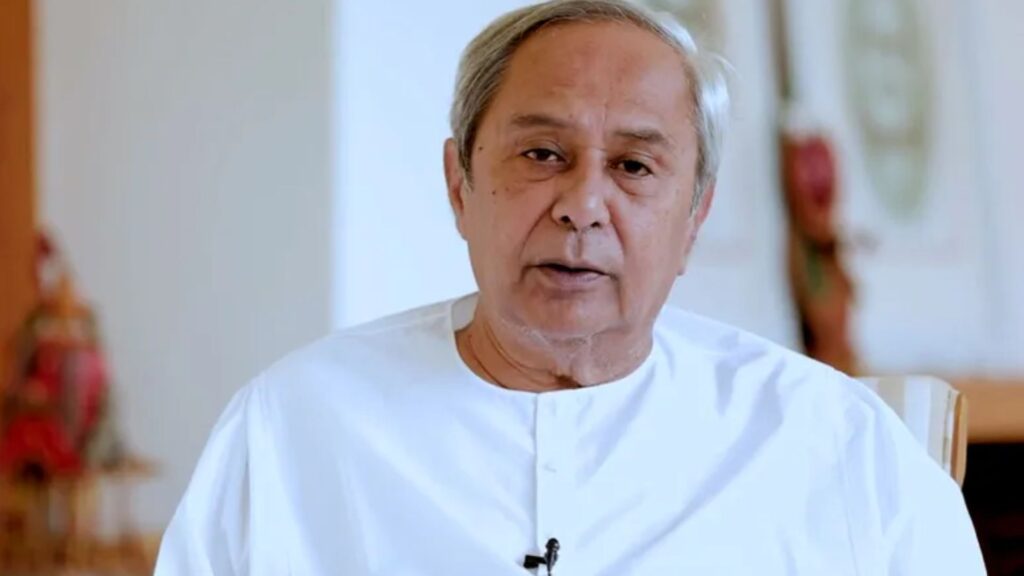
The Biju Janata Dal (BJD) finds itself in the midst of a political storm following its unexpected shift in stance on the contentious Wakf (Amendment) Bill, 2024, during voting in the Rajya Sabha. Party insiders and senior leaders are now openly questioning the decision-making process that led to what many see as a contradiction of BJD’s stated principles on secularism.
The controversy erupted after BJD’s parliamentary party leader in the Rajya Sabha, Dr. Sasmit Patra, posted on social media just hours before the vote, urging fellow MPs to “exercise their conscience” while voting on the bill. The move came despite party president Naveen Patnaik having publicly opposed the bill twice in the past seven months, citing concerns that it would create a sense of insecurity among minority communities.
Senior party leaders, including former ministers Prafulla Samal and Pratap Jena, have written to Patnaik seeking clarity on the abrupt change in the party’s stand. Adding to the unease, Rajya Sabha MP Debashish Samantaray, who abstained from the vote, expressed his disappointment on social media, saying that the party’s ambiguous stance could erode the trust of minority communities and damage BJD’s secular image.
Samantaray also claimed that Patnaik had issued clear instructions in parliamentary meetings to oppose the bill, in line with the party’s manifesto. “Without a party whip being issued, how did Dr. Sasmit Patra suddenly call for conscience voting?” he wrote in a post in Odia, demanding to know who was behind the shift in position.
According to sources within the party, of BJD’s seven MPs in the Upper House, three—including Patra—voted in favour of the bill, three voted against it, and Samantaray abstained. There has been no official confirmation from the Rajya Sabha secretariat yet.
The bill, which was passed in the Rajya Sabha early Friday morning with 128 votes in favour and 95 against, had already cleared the Lok Sabha—where BJD currently has no representation—earlier that week.
Party insiders suggest that Patra’s actions are unlikely to have been taken independently. A group of at least ten senior BJD leaders, all members of the party’s advisory committee, met Patnaik at his residence on Friday evening to express their concern. They included senior figures like Prasanna Acharya and Debi Prasad Mishra, who reportedly questioned the lack of a formal party whip and demanded an internal inquiry into Patra’s role.
“This could demoralize the party cadre,” said one BJD leader, speaking on condition of anonymity. “We cannot oppose the BJP in Odisha while aligning with them in Parliament on such a sensitive bill. The contradiction is confusing for our workers and voters.”
Muslim voters, who constitute around 2.17 percent of Odisha’s population and have traditionally supported the BJD, are now seen as potentially drifting away. “If we alienate them, we risk losing more ground to Congress,” another leader noted.
Following the party’s poor performance in last year’s state and general elections—where BJD failed to win a single Lok Sabha seat and lost power in the state assembly to BJP—the internal discord has become more visible. Some leaders have also pointed fingers at V.K. Pandian, a key aide of Patnaik, for his perceived influence in party affairs and the current leadership vacuum.
When contacted, BJD spokesperson Lenin Mohanty said that the party remains committed to secularism. “Our president has always emphasized the secular fabric of the party. Leaders often meet him to express their views, and concerns are addressed within the party framework,” he said.
However, the lack of an official statement from Patnaik has only intensified speculation and unrest within the party. As the issue simmers, BJD now faces the challenge of regaining internal cohesion and public trust at a time when its political footing in Odisha has already been weakened.
